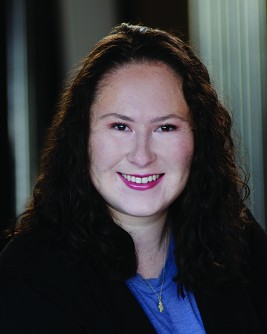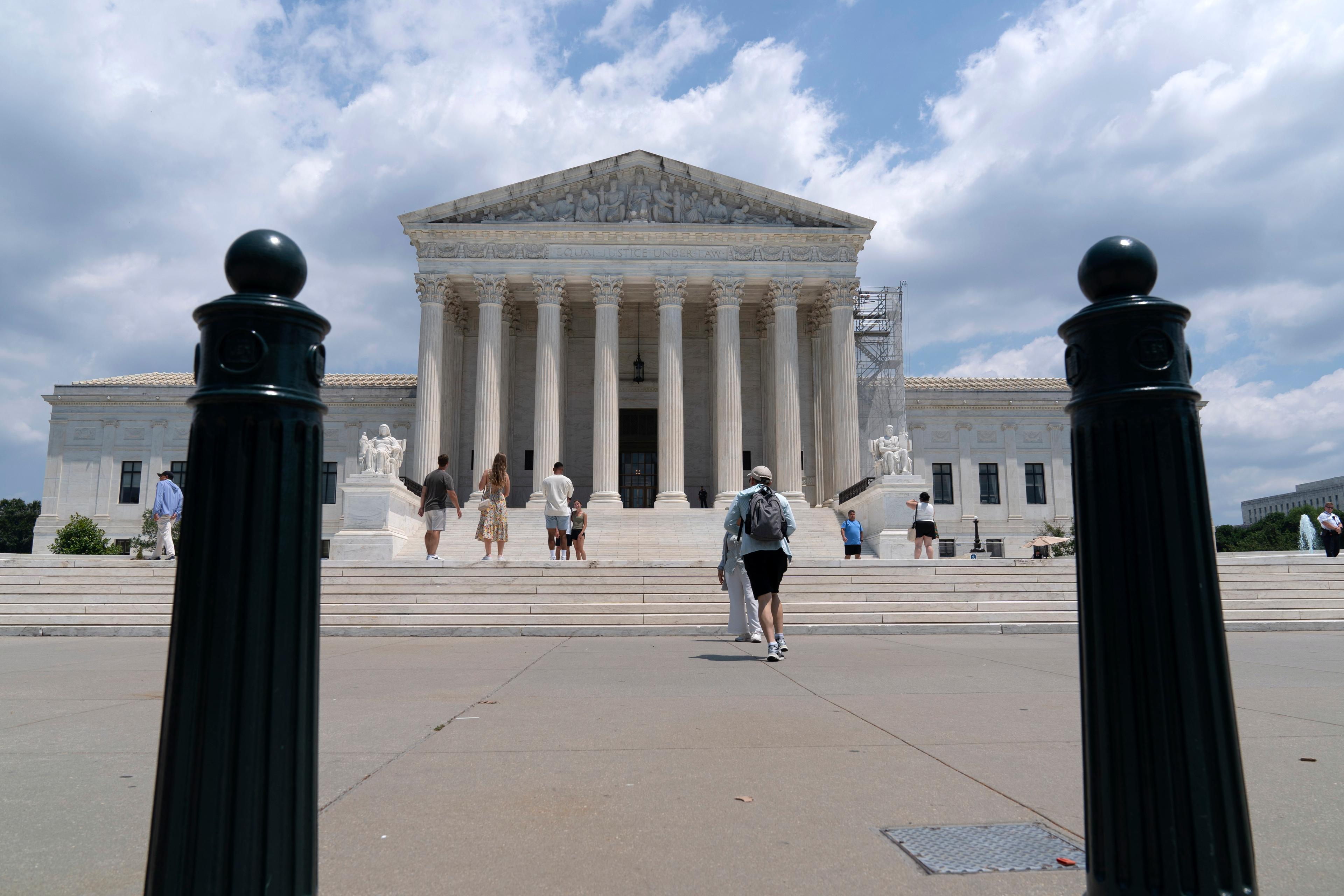

An Aurora renewable energy school is one of dozens of campuses shuttered by the for-profit Education Corporation of America.
The Ecotech Institute’s closure leaves a couple hundred students in the lurch.
Alabama-based ECA, one of the nation's largest college chains, announced Wednesday that it was abruptly closing in dozens of locations nationwide after its accrediting agency suspended approval.
Ecotech Academic Dean Brian Dyk was informed of the immediate closure Tuesday night.
“We are a heck of a family,” Dyk said. “We took care of each other. We were very well-known in the renewable energy field and our students just did so many great things. To see it all go away overnight. All of us are sort of shell-shocked.”
ECA said it was also closing schools operating as Virginia College, Brightwood College, Brightwood Career Institute and Golf Academy of America in more than 70 locations in 21 states. The company said in October that it had more than 20,000 students, although more recent documents indicate the number may be closer to 15,000.
Solar energy technology student Janice Scott is only five months from graduation. She heard the news from friends while attending a renewable energy tech conference in Orlando, Florida.
She thought her fellow students were just joking around.
“I found out that I was no longer a student and I don’t have a school anymore,” Scott said.
She plans to finish an independent online training for the national solar installer certification test. It's the certification she would have received when she graduated from Ecotech.
While the school’s closure was a shock to Dyk, it was not a completely unexpected one. The closure is a byproduct of the for-profit school model, he said — the company “bought a lot of bad schools and took on a lot of debt to do it.”
ECA originally told Ecotech that it would be closed in a year to a year and a half, Dyk said.
“We knew our days were sort of numbered,” Dyk said. “But we told all our students, ‘You guys will finish. You guys will be fine. Don’t worry about it.’”
Dyk said Ecotech officials secured several potential buyers, but ECA wasn’t interested.
Now, Dyk is working with other schools to settle some credit transfer agreements so his students can continue their studies. He also set up a Facebook page to disseminate information on how to get GI Bill payments refunded or student loans discharged.
The company, backed by investors including private equity firm Willis Stein & Partners of Chicago, is the latest in a series of for-profit colleges to close after allegations that they were loading students up with debt while not providing them with marketable skills.
Dyk said Ecotech was an exception because of the demand for renewable energy workers.
“I couldn’t graduate students fast enough,” he said. “My students were walking out of here making $50, $70, in some cases, $100,000 a year.”
Students from other ECA schools told local news outlets Wednesday that operations ceased immediately, while in other cases students said they were told to return for meetings later.
ECA spokeswoman Diane Worthington said that at most locations, Friday would be the last day of classes, and students would get academic credit for this term. One ECA institution, New England College of Business, is not closing. The company mostly offers professional certificates in subjects like cosmetology, culinary arts and medical and dental assisting.
The sudden closure drew criticism from the U.S. Education Department, which said it had been working with the company to arrange a shut-down that gave students time to transfer.
"Instead of taking the next few months to close in an orderly fashion, ECA took the easy way out and left 19,000 students scrambling to find a way to finish the education program they started," Liz Hill, an Education Department spokeswoman, said in a statement.
Toby Merrill, who directs the Project on Predatory Student Lending at Harvard Law School, said students can ask the U.S. Department of Education to cancel loans if a school closes. However, that opportunity doesn't apply if a student transfers credits or if a school hires a successor to offer students classes to complete their programs.
Janice Scott, who started a Women In Renewable Energy group at Ecotech, worries about the futures of her members after the closure.
“Many of us cried,” Scott said. “It really sucks but I hope we’re able to overcome it and continue in our education and in this career.”
The Associated Press Contributed to this report.









